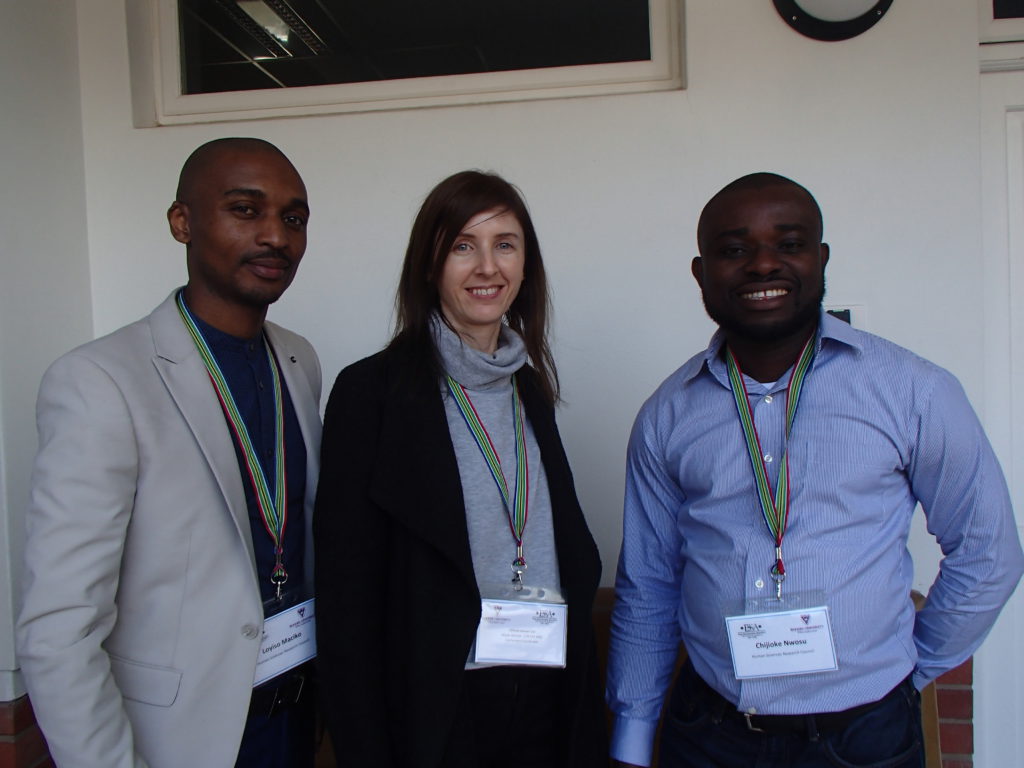The Biennial Conference of the Economics Society of South Africa (ESSA) was hosted at Rhodes University from 30 August to 1 September. Around 25 people sat for the session that discussed the employment and labour market in South Africa.
Three speakers spoke passionately about employment, rural electrification, and the labour market in South Africa, with others focusing specifically at the East Cape. The floor was opened by Chijioke Nwosu who, with his partner Catherine Ndinda did the research presented in the paper, Employment and Poverty in South Africa: A General Analysis. He pointed out the significant difference between households where only females are employed or the head of the house versus male-headed households. His research highlighted that the reason for the gender pay gap that exists between female-headed households and male-headed households is due to the fact that when women are employed, they earn little and women are more likely to have children throughout their career.
The concluding speaker was Loyiso Maciko who spoke on behalf of his partner Babalwa Siswana in her absence. His research project was titled, A study investigating the impact of graduate unemployment in Eastern Cape. He highlighted how unemployment is one of the triple challenges facing South Africa. His paper focuses largely on the graduate proportion of the total youth unemployment in the Eastern Cape.
Maciko’s presentation was appropriate especially In light of the #HireAGraduate movement that surfaced earlier this year when hundreds of unemployed graduates marched to the Premier’s office in Bhisho to demand jobs. He looked at the four universities within the Eastern Cape that produce well-groomed graduates but the province seemingly has not enough capacity to harness their skills, looking at graduates from 2005 to 2014.
He used the Human Capacity Theory (HCT) which promotes and explains the investments in education as an instrument that enhances economic development and growth.
The investments made has not matched employment which would lead to returns on investments. Maciko said this means there is a large proportion of people who are willing to work who have the ability to be productive but there are limited job opportunities. He concluded that graduate unemployment continues to rise and that citizens of South Africa need to be concerned by this provincial crisis. He encouraged all to be catalysts of change for the betterment of the province.
- Bulelwa Mbangeni, a Rhodes University School of Journalism and Media Studies student, wrote this piece during a 40-hour job-shadowing internship with Grocott’s Mail.


